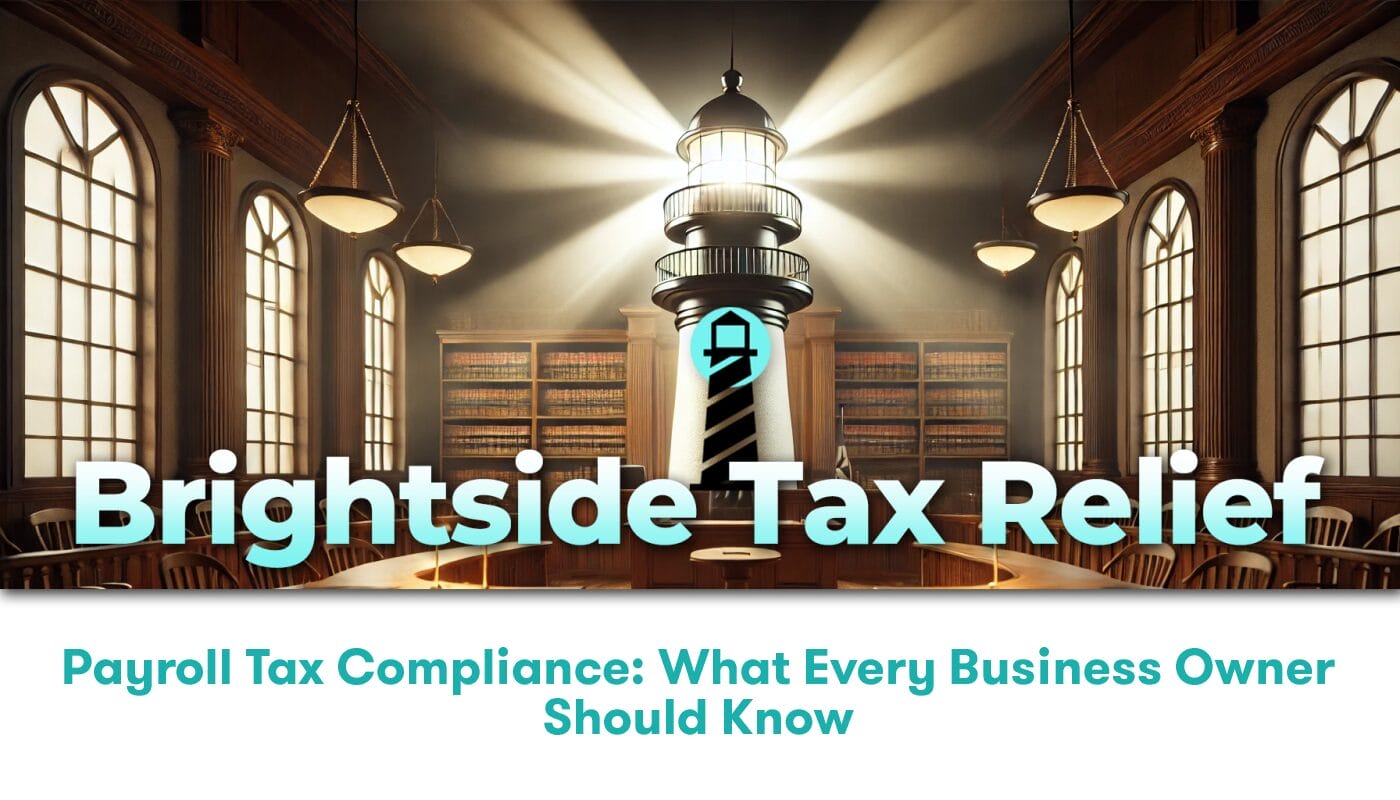Globetrotting and Greenbacks: Navigating the International Tax Maze
In an increasingly interconnected world, more and more Americans are finding themselves with international income sources. Whether you’re an expat living abroad, a digital nomad hopping from country to country, or simply investing in foreign markets, understanding how to file taxes on your international income is crucial. The complexities of international tax law can make even the most seasoned accountant’s head spin, but fear not! We’re here to shed some light on this often-confusing topic.
First things first, it’s important to understand that as a U.S. citizen or permanent resident, you’re required to report your worldwide income to the IRS, regardless of where you earned it. This means that even if you’re living in a tropical paradise, sipping piña coladas and working remotely, Uncle Sam still wants his cut. But before you start panicking about double taxation, know that there are provisions in place to help prevent you from paying taxes twice on the same income.
One of the most important tools in your international tax arsenal is the Foreign Earned Income Exclusion (FEIE). This nifty little provision allows you to exclude a certain amount of your foreign earnings from U.S. taxation. For the 2021 tax year, the maximum exclusion is $108,700 per person. However, to qualify for the FEIE, you must meet either the bona fide residence test or the physical presence test, which both have specific requirements regarding your time spent outside the United States.
From FBAR to FATCA: Decoding the Alphabet Soup of International Tax Compliance
If you thought the regular U.S. tax code was complicated, wait until you dive into the world of international tax compliance. Two acronyms you’ll want to become familiar with are FBAR (Foreign Bank Account Report) and FATCA (Foreign Account Tax Compliance Act). These reporting requirements are designed to combat tax evasion and ensure that U.S. taxpayers aren’t hiding money in offshore accounts.
Let’s start with FBAR. If you have foreign financial accounts with an aggregate value exceeding $10,000 at any time during the calendar year, you’re required to file an FBAR. This includes bank accounts, securities accounts, and even certain foreign life insurance policies. The FBAR is filed separately from your tax return and is due April 15th, with an automatic extension to October 15th if you miss the initial deadline.
FATCA, on the other hand, requires U.S. taxpayers to report certain foreign assets on Form 8938 if they exceed specific thresholds. These thresholds vary depending on your filing status and whether you live in the U.S. or abroad. FATCA also requires foreign financial institutions to report on the assets of their U.S. account holders to the IRS, making it increasingly difficult to hide money overseas.
But wait, there’s more! If you own shares in a foreign corporation, you may need to file Form 5471. Involved with a foreign partnership? Form 8865 might be calling your name. And if you’re the proud owner of a foreign trust, get ready to tackle Form 3520. The list goes on, and the penalties for non-compliance can be steep, so it’s crucial to stay on top of your reporting obligations.
Brightside Tax Relief: Your Beacon in the Storm of International Taxation
When it comes to tackling the complexities of international taxation, having a knowledgeable and experienced guide can make all the difference. That’s where Brightside Tax Relief comes in. With our team of seasoned tax professionals specializing in international tax law, we’re uniquely positioned to help you navigate the choppy waters of global income reporting.
One of the key advantages of choosing Brightside Tax Relief is our comprehensive understanding of both U.S. and international tax laws. We stay up-to-date with the latest changes in tax treaties, foreign tax credit rules, and reporting requirements, ensuring that you’re always in compliance while maximizing your tax savings. Our experts can help you determine if you qualify for the Foreign Earned Income Exclusion, guide you through the process of claiming foreign tax credits, and assist with all necessary reporting forms.
But our expertise doesn’t stop at just filing your taxes. We understand that international income often comes with unique financial situations. Perhaps you’re considering renouncing your U.S. citizenship for tax purposes, or maybe you’re worried about the tax implications of inheriting foreign property. Whatever your situation, Brightside Tax Relief has the knowledge and experience to provide tailored advice and solutions.
Moreover, we recognize that international taxation isn’t just about numbers – it’s about people. That’s why we take a personalized approach to each client, taking the time to understand your specific situation and goals. Whether you’re a U.S. expat living abroad, a foreign national working in the States, or a multinational corporation navigating cross-border transactions, we’re here to brighten your tax outlook and ease your compliance burden.
Navigating the International Tax Maze: Why Brightside Tax Relief is Your Compass
When it comes to filing taxes for international income, the complexities can feel like you’re trying to solve a Rubik’s cube blindfolded. That’s where Brightside Tax Relief comes in, shining a light on the murky waters of international taxation. With their extensive experience and nationwide reach, they’re not just another tax relief company – they’re your secret weapon in the battle against confusing international tax laws.
Brightside Tax Relief stands out from the crowd with their team of seasoned tax professionals who eat, sleep, and breathe international tax regulations. They’re like the Navy SEALs of the tax world, ready to parachute into your financial situation and extract you from even the most tangled web of international income reporting. Whether you’re an expat juggling multiple income sources or a multinational corporation trying to stay compliant across borders, Brightside has seen it all and conquered it with finesse.
But what really sets Brightside apart is their commitment to personalized service. They don’t believe in one-size-fits-all solutions because, let’s face it, your international income situation is as unique as a fingerprint. Their experts take the time to understand your specific circumstances, goals, and concerns, crafting a tailored strategy that not only ensures compliance but also maximizes your tax advantages. It’s like having a bespoke suit made for your finances – it just fits perfectly.
Unraveling the International Tax Enigma: FAQs Answered by Brightside Experts
Let’s face it, when it comes to international taxes, most of us have more questions than a toddler in a toy store. That’s why Brightside Tax Relief has compiled a list of frequently asked questions that would make even the most seasoned tax professional’s head spin. But fear not, for they have the answers that will make you feel like you’ve just cracked the Da Vinci Code of international taxation.
One common question that often pops up is, “Do I need to report my foreign bank accounts?” Well, unless you’re planning on auditioning for the next James Bond movie as an international person of mystery, the answer is probably yes. Brightside’s experts can guide you through the Foreign Bank Account Report (FBAR) requirements and help you avoid those nasty penalties that make root canals seem like a walk in the park.
Another head-scratcher is the Foreign Earned Income Exclusion (FEIE). It sounds like something out of a sci-fi novel, but it’s actually a potential goldmine for U.S. citizens working abroad. Brightside’s team can help you determine if you qualify and how to claim this exclusion, potentially saving you more money than you’d find in a leprechaun’s pot of gold at the end of a rainbow.
And let’s not forget about the dreaded double taxation. It’s like being asked to pay for your meal twice at a restaurant – not fun. Brightside’s experts are well-versed in foreign tax credits and tax treaties, ensuring you don’t end up paying taxes on the same income to both Uncle Sam and your host country. They’ll help you navigate these agreements with the finesse of a diplomat negotiating world peace.
Charting Your Course: Setting Sail with Brightside Tax Relief
So, you’ve decided to take the plunge and tackle your international tax situation head-on. Bravo! Now, let’s talk about how to get started with Brightside Tax Relief. It’s easier than trying to pronounce “Worcestershire sauce” after a few glasses of wine.
First things first, pick up that phone and dial 844-638-0800. Don’t worry, you won’t be greeted by a robot trying to sell you extended warranties. Instead, you’ll be connected with a friendly Brightside expert who’s more excited about international tax laws than a kid in a candy store. They’ll listen to your situation, ask some pertinent questions, and start formulating a game plan tailored just for you.
Once you’ve made that initial contact, Brightside will guide you through their streamlined process. They’ll request relevant documents faster than you can say “Foreign Tax Credit,” but don’t panic – they’ll walk you through exactly what they need and why. It’s like having a personal sherpa to guide you up the Mount Everest of international tax compliance.
As you move forward with Brightside, you’ll notice something refreshing – they speak your language. No, not just English (or whatever your native tongue may be), but they translate complex tax jargon into plain, understandable terms. It’s like they’ve invented a Rosetta Stone for international tax laws. They’ll keep you informed every step of the way, ensuring you’re never left scratching your head wondering what’s happening with your taxes.





